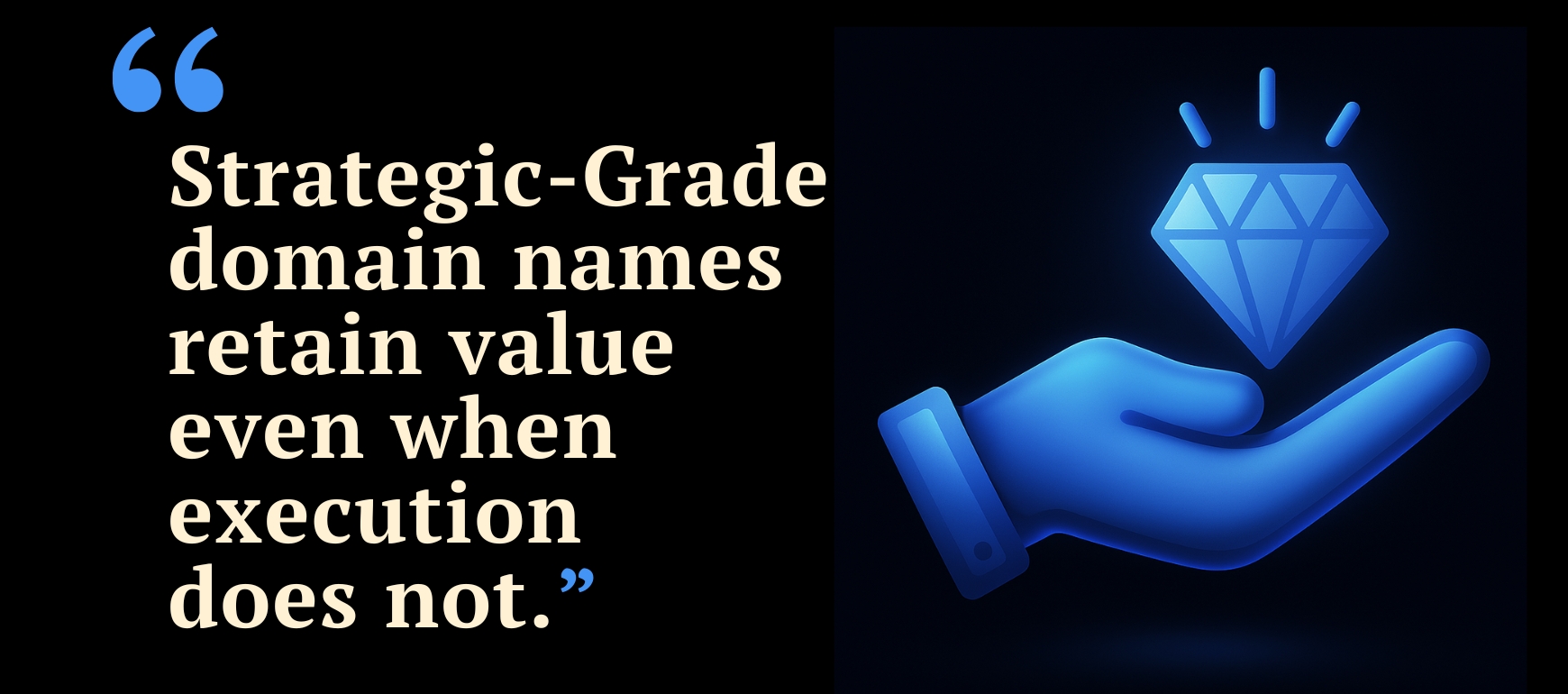Some domain names are so powerful that they function as assets in their own right, surviving the ventures built upon them. Sex.com is the clearest example. Across decades of ownership changes, bankruptcies, and business failures, the domain name has retained its value, proving that scarcity and universality can outlast execution.
Sex.com – Key Facts on Its $12 Million+ Equity Sale and Aftermath
2006 Sale ($12 Million Cash + Equity Deal)
In January 2006, Gary Kremen, founder of Match.com, sold Sex.com to Escom LLC, a Boston-based investor group, for roughly $12 million in cash and equity. Reports at the time varied, with some citing a $14 million figure, but sources close to the deal confirmed the blended value at around twelve million when accounting for the equity portion. The structure gave Kremen a large cash payment upfront and a continuing stake in Escom’s new Sex.com venture. Performance-based earn-outs tied additional compensation to traffic and revenue milestones, reflecting confidence that the site could evolve into a billion-dollar brand.
Financing and Leverage
Escom funded the purchase through a mix of private investment and loans arranged by DOM Partners LLC, an affiliate of Domain Capital. The lender took the domain itself as collateral, effectively treating Sex.com as a high-value piece of digital property. This approach would later define the asset’s fate: when Escom defaulted, creditors foreclosed, proving that the domain, not the operating company, held the enduring value.
Equity Component
Kremen’s equity stake represented ownership in Escom’s operating company. He remained involved as an advisor, aligning his upside with the success of the new venture. The stock element made the deal one of the earliest large-scale examples of cash-plus-equity compensation for a category-defining domain. In theory, the arrangement could have multiplied Kremen’s returns several times over; in practice, the business never reached the performance thresholds required to unlock those gains.
A Business Built on the World’s Most Recognized Word
Escom’s plan was bold. The company promised to turn Sex.com into a comprehensive adult-content platform featuring dating, video on demand, advice, and live chat. Investors envisioned a next-generation web experience anchored by the world’s most obvious keyword. The brand itself guaranteed global recognition: any user typing “sex” into a browser already knew where they expected to arrive.
Yet execution lagged behind expectation. By 2010, filings revealed that Escom had a single employee, limited revenue, and mounting debt. Ambition alone could not sustain operations. The company entered bankruptcy, and the domain name was sold at auction for $13 million to Clover Holdings Ltd., a Caribbean-based buyer. The court-approved sale cleared all liens and set a record for the highest all-cash domain purchase ever made at the time.
Value Without a Venture
Even as successive owners failed to build durable businesses, Sex.com continued to produce income simply through type-in traffic and advertising. At its peak, the parked domain generated about 125,000 visits per day and earned more than a million dollars a year from pay-per-click ads. Тhis passive performance confirmed that Strategic-Grade domain names can act as self-sustaining assets, a digital real estate with built-in yield.
Attempts to develop the brand persisted. In 2012, Sex.com re-emerged as a social media platform described by the press as a “Pinterest for porn.” The experiment underscored both the potential and the constraints of operating a universally recognized but heavily regulated term. While mainstream adoption proved elusive, the name itself remained valuable, continuing to attract offers, press coverage, and investor curiosity.
When the Domain Name Is the Asset
Kremen’s equity in Escom ultimately became worthless when the company collapsed, yet the domain name endured. Creditors recovered their loans through the resale, demonstrating that the built-in worth of a Strategic-Grade domain name can survive the destruction of the entity that owns it. For Escom’s investors, the lesson was stark: a great name cannot compensate for weak execution, but it can still preserve capital when everything else fails.
For founders, the case highlights that a domain name of exceptional caliber should be financed and governed with the same rigor as any other major asset.
For domain owners, it confirms that participation in equity deals carries upside potential and downside exposure; when the venture fails, the name retains value, but the stock may not.
The Broader Signal
The case of Sex.com reveals the unique resilience of Strategic-Grade domain names. They operate as collateral, marketing engine, and asset class simultaneously. Even after bankruptcy and foreclosure, Sex.com commanded eight-figure valuations, generated passive revenue, and maintained global recognition.
Digital enterprises rise and fall, yet the right domain remains convertible, tradable, and trusted. Sex.com proved that language with universal demand behaves more like infrastructure than branding, an asset capable of outliving every business built upon it.
Find category-defining domain names and founders building durable value through creative partnerships at DomainsForEquity.com.


 by Tsani
by Tsani